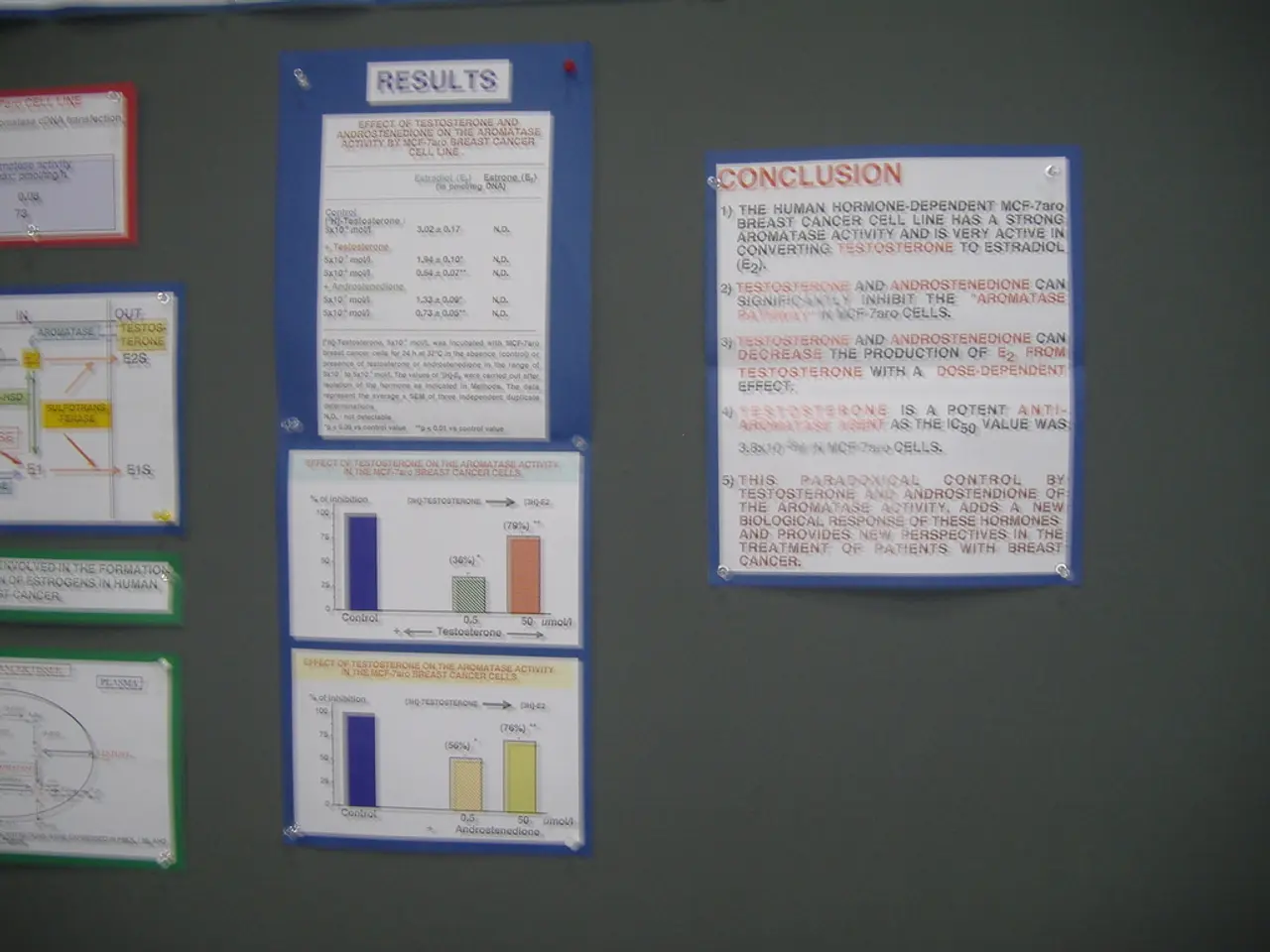Facing the Financial Fallout: Schleswig-Holstein's Supplementary Budget and the Northvolt Crisis
Additional financial plan proposed by the administration - Additional funds requested by the government for additional expenses
Walking the Budget Tightrope
In a surprising turn of events, the state government of Schleswig-Holstein has introduced a new supplementary budget. Citing improved circumstances and savings from lower interest expenses, the Minister of Finance, Silke Schneider (Greens), declared that the previously planned emergency loan of 271 million euros for 2025 would no longer be necessary.
The reason behind this sudden shift stems from the troubled waters of the Swedish battery manufacturer Northvolt. The future of the company's planned battery factory in Heide and the promised promotion of around 136 million euros hangs in the balance. If the conditions for this payment are met in 2025, the coalition plans to release the funds via a new authorization basis.
Pooling the Remaining Funds and Drawing Aim
With the cancellation of the emergency loan for 2025, the remaining 135 million euros from the previous loan, along with additional needs amounting to 191 million euros, will be budgeted as regular expenses. In exchange, the coalition has decided to trim supply expenses by 70 million euros and reduce provisions for interest rate risks by 9 million euros. The budgetary deficit to be compensated in the 2025 budget is now projected to rise from 91 to 247 million euros. The net credit inflow decreases to approximately 637 million euros.
High Budgetary Pressure Remains
Despite the cancellation of the emergency loan, Schneider warns of the persistent budgetary pressure. The coalition aims to finalize a plan to close the budget gap by the end of the year. Another supplementary budget is scheduled for the fall to refinance the 2024 emergency loans, amounting to around 492 million euros.
These loans will not be repaid immediately but reclassified in the budget. In order to accommodate this, Schneider plans to leverage the state's increased borrowing capabilities. The state parliament is set to vote on the first supplementary budget in July.
A Change in Plans
Originally, the black-green state government had intended to respond to the constitutional court ruling only in the fall with a supplementary budget. Last year, the court ruled the authorization for taking emergency loans in the budget unconstitutional due to absent constitutional-compliant repayment plans. The coalition had partially financed the budget with an emergency loan in 2025 as well.
Crossing the Rubicon: Long-Term Financial Implications
The financial ramifications of Schleswig-Holstein's supplementary budget and the use of emergency loans are considerable, and the fate of Northvolt looms large. In this new era of financial responsibility, Schleswig-Holstein faces higher levels of public debt, increased budgetary pressure, potential protracted repayment plans, altered credit ratings, and constraints on fiscal flexibility, all impacting its long-term budgetary outlook [3]. At stake is a delicate balance between responding to unforeseen circumstances and safeguarding the state's financial health.
Businesses in EC countries may find potential opportunities in Schleswig-Holstein's increased budget, particularly in sectors like vocational training, as the state government reallocates funds previously earmarked for an emergency loan. However, this could also result in increased competition due to the higher budgetary pressure and the state's increased borrowing capabilities. The financial implications of these changes could lead to long-term impacts on Schleswig-Holstein's credit ratings and fiscal flexibility, making strategic financial planning crucial for businesses aiming to operate in the region.




